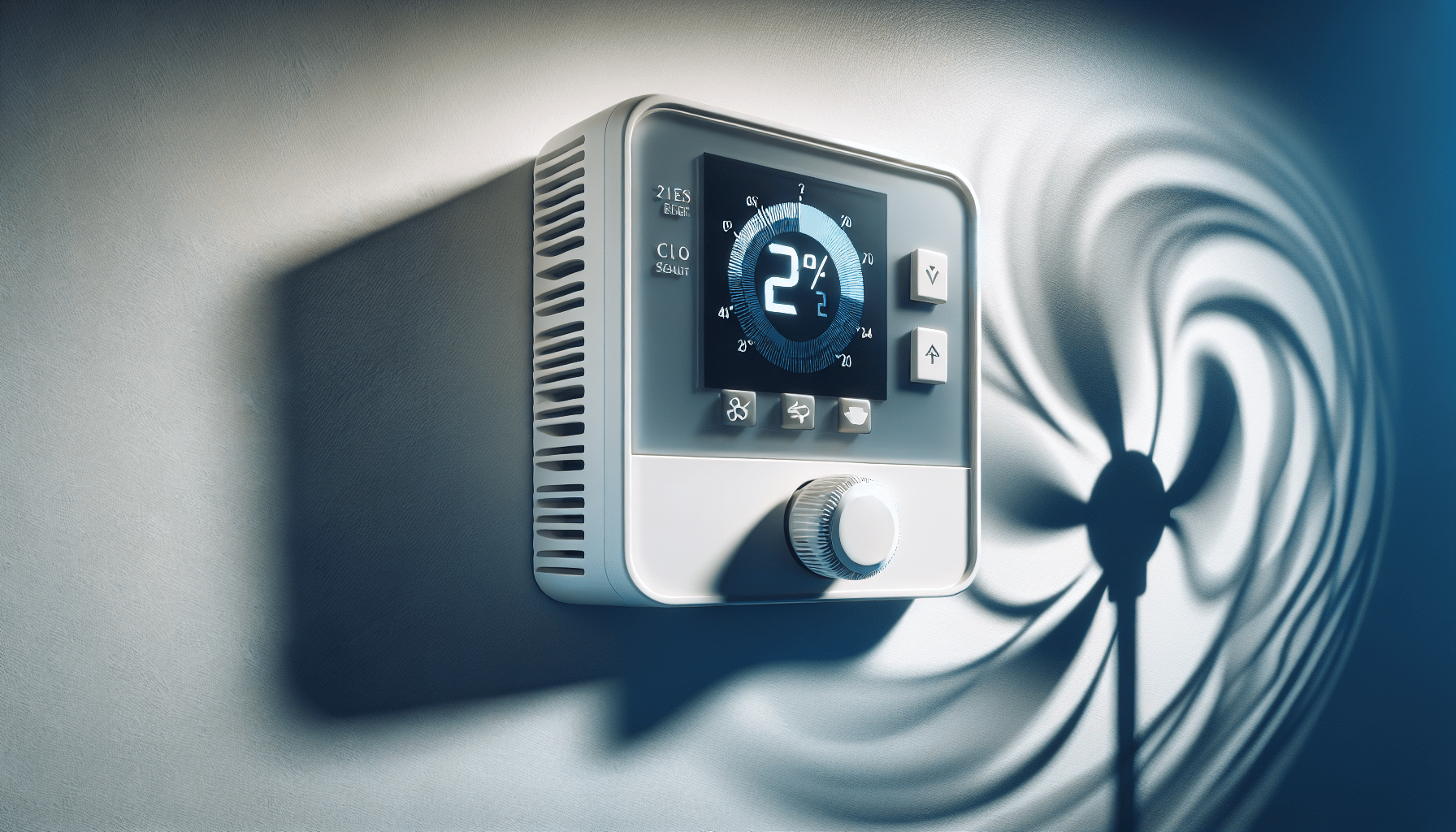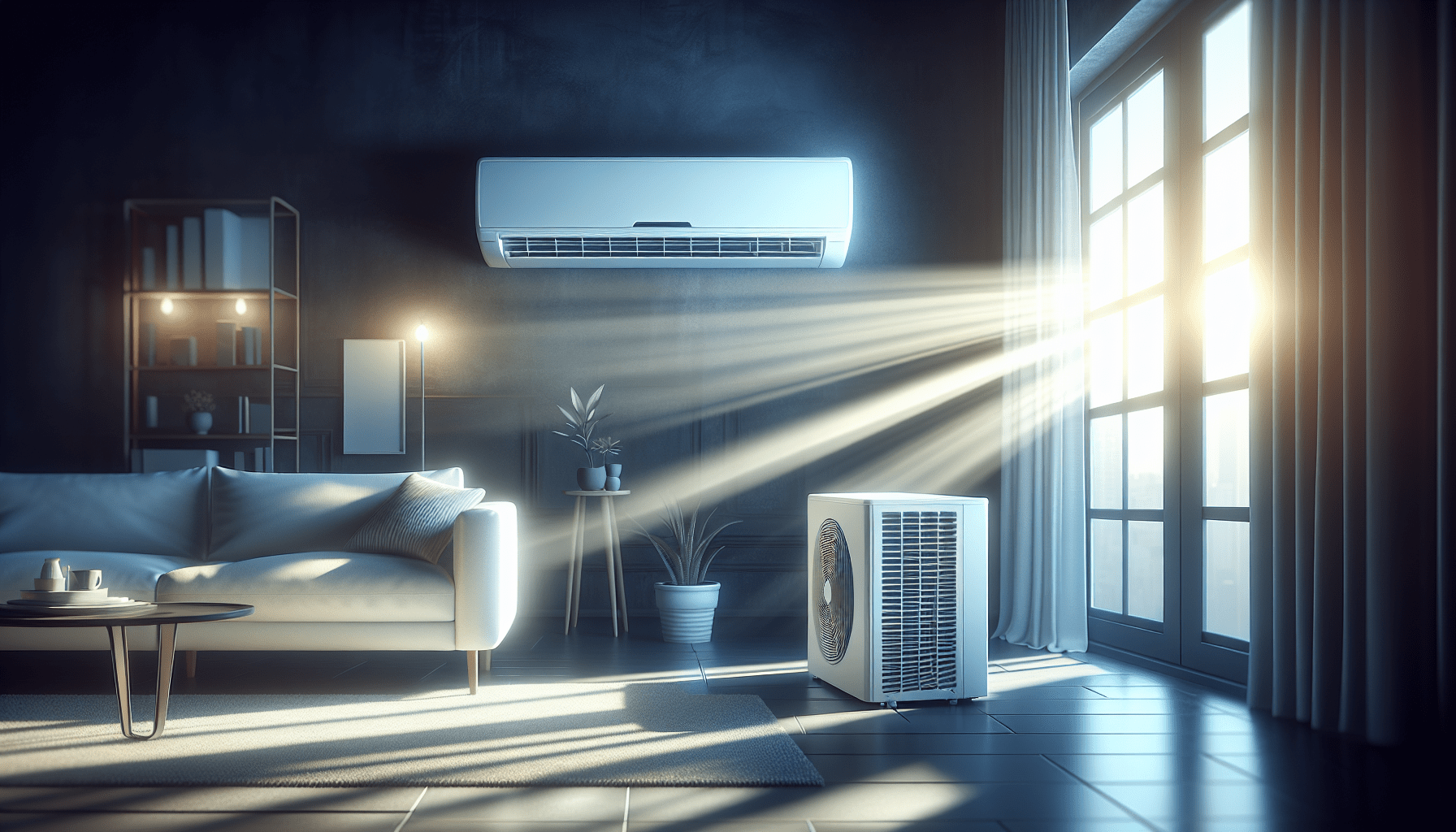Welcome to a guide on how to save money on your air conditioning costs with energy-saving tips! Keeping your home cool during the hot summer months doesn’t have to break the bank. By making a few simple changes and being mindful of your energy consumption, you can enjoy a comfortable home without the hefty AC bills. Stay tuned for some top tips on how to lower your air conditioning costs and save money in the process. Let’s dive in and start saving!
Top Ways To Lower Your Air Conditioning Costs With Energy-Saving Tips
Are you tired of receiving high electricity bills during the summer months due to your air conditioning usage? You’re not alone! Managing your air conditioning costs can be a challenge, but there are plenty of energy-saving tips and tricks to help you lower your expenses without sacrificing comfort. In this article, we will explore the top ways to lower your air conditioning costs and reduce your carbon footprint at the same time. Let’s dive in!

Understanding Your Energy Usage
Before we jump into energy-saving tips, it’s essential to understand how your air conditioning system impacts your overall energy usage. Air conditioning can account for a significant portion of your home’s energy consumption, especially during the hot summer months. By being aware of how your system operates and the factors that affect its efficiency, you can make informed decisions to lower your energy costs.
Understanding your energy usage begins with assessing the size and efficiency of your current air conditioning system. If you have an older unit, it may be less energy-efficient than newer models, resulting in higher energy consumption. Additionally, factors such as insulation, windows, and thermostat settings can all impact your system’s efficiency. By understanding these factors, you can take proactive steps to lower your energy costs.
Energy-Saving Tips for Lowering Your Air Conditioning Costs
Now that you have a better understanding of your energy usage, let’s explore some practical energy-saving tips to help you lower your air conditioning costs. These tips are designed to help you optimize your system’s efficiency and reduce your overall energy consumption without compromising your comfort.
Use a Programmable Thermostat
One of the most effective ways to lower your air conditioning costs is by using a programmable thermostat. This allows you to adjust the temperature of your home based on your schedule, ensuring that your system is not working harder than necessary when you are away. By setting your thermostat to a higher temperature during times when you are not at home, you can save on energy costs while still coming home to a comfortable environment.
Keep Your Filters Clean
Dirty air filters can restrict airflow and make your air conditioning system work harder to cool your home. By regularly cleaning or replacing your filters, you can improve your system’s efficiency and lower your energy costs. Most filters should be checked at least once a month, especially during peak usage times. By keeping your filters clean, you can ensure that your system is running at optimal performance.
Seal Leaks and Insulate Your Home
Proper insulation and sealing any leaks in your home can significantly impact your air conditioning costs. Air leaks around windows, doors, and ductwork can cause your system to work harder to maintain a consistent temperature, leading to higher energy consumption. By sealing these leaks and adding insulation to your home, you can reduce the workload on your air conditioning system and lower your energy costs.
Utilize Fans and Ventilation
Using fans and natural ventilation can help circulate air throughout your home and reduce the need for constant air conditioning. Ceiling fans, for example, can help distribute cool air more effectively, allowing you to raise your thermostat setting without sacrificing comfort. Additionally, opening windows during cooler times of the day can help bring in fresh air and reduce your reliance on your air conditioning system.
Schedule Regular Maintenance
Regular maintenance is crucial for optimizing your air conditioning system’s efficiency and longevity. By scheduling annual maintenance checks with a qualified technician, you can ensure that your system is running smoothly and identify any potential issues before they become costly repairs. Maintenance tasks may include cleaning coils, checking refrigerant levels, and inspecting overall system performance.
Consider Upgrading to a More Energy-Efficient System
If you have an older air conditioning system that is inefficient and costing you more in energy bills, it may be time to consider upgrading to a more energy-efficient model. Newer systems are designed to be more energy-efficient, resulting in lower energy costs and reduced environmental impact. While upfront costs may be a consideration, the long-term savings and benefits of a more efficient system can outweigh the initial investment.

Monitoring Your Progress and Adjusting as Needed
As you implement these energy-saving tips to lower your air conditioning costs, it’s essential to monitor your progress and make adjustments as needed. Keep track of your energy bills and compare them to previous months to see the impact of your efforts. If you notice areas where you can further optimize your energy usage, don’t hesitate to make additional changes to lower your costs even more.
By being proactive and mindful of your energy consumption, you can make a significant impact on lowering your air conditioning costs while reducing your carbon footprint. With a combination of practical tips, regular maintenance, and energy-conscious habits, you can enjoy a cool and comfortable home without breaking the bank.
In conclusion, managing your air conditioning costs doesn’t have to be a daunting task. By understanding your energy usage, implementing energy-saving tips, and monitoring your progress, you can take control of your expenses and lower your overall energy consumption. With these top ways to lower your air conditioning costs, you can stay cool and comfortable while saving money and reducing your environmental impact. Start implementing these tips today and enjoy a more energy-efficient home tomorrow!




